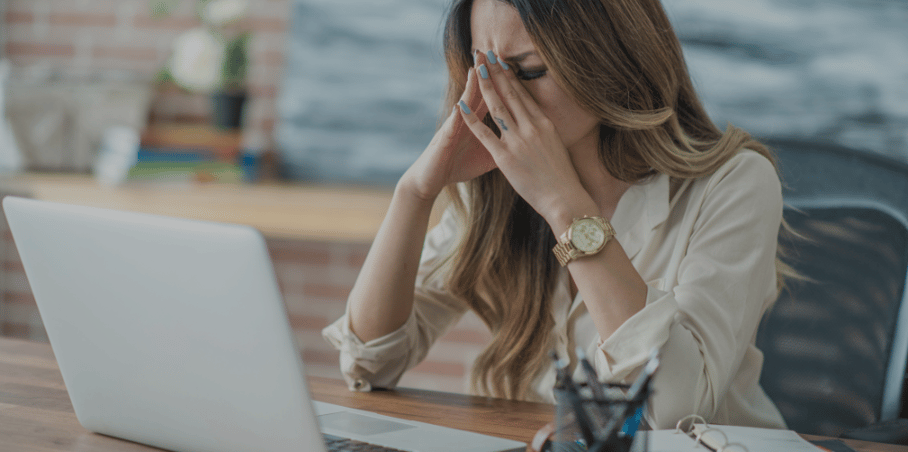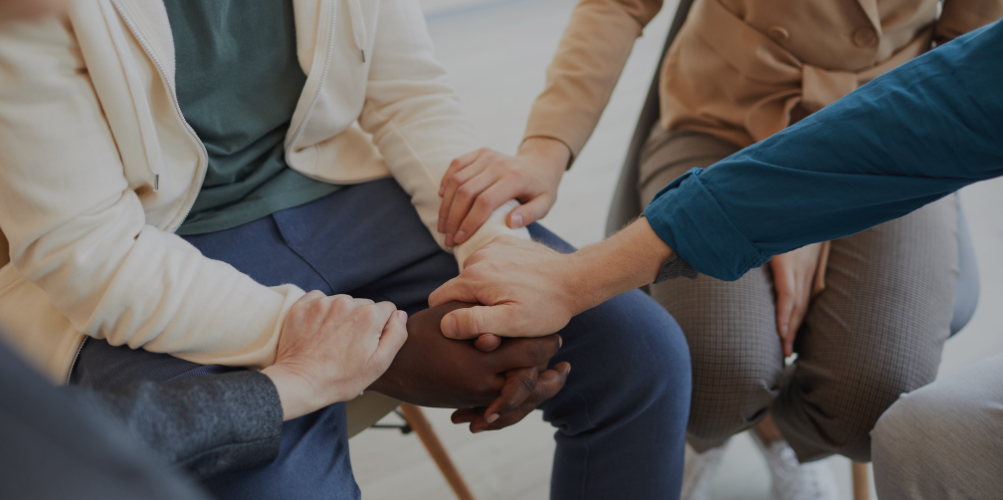
Holiday Support Guide: Helping Loved Ones with Gambling Addiction
The holidays can be particularly challenging for those affected by gambling addiction. Here's how to provide effective support while maintaining your own well-being.
Why Holidays Are Especially Difficult for Gamblers
Financial Pressure
- Increased societal pressure to spend on gifts
- Cost of living concerns
- Proximity to major betting events like the Super Bowl

distressed woman covering her face
Common Holiday Challenges
- Heightened feelings of shame and depression
- Numerous sporting events and betting promotions
- Increased feelings of isolation
- Financial stress amplification
Effective Ways to Support a Gambling Addict
- Set Realistic Expectations
- Don't expect instant recovery
- Avoid forcing difficult conversations
- Understand recovery takes time
- Educate Yourself
- Learn about addiction mechanisms
- Understand it's not just about willpower
- Establish Clear Boundaries
- No gambling in shared spaces
- Don't lend money
- Avoid making excuses
- Set and enforce consequences

Woman near decorated holiday tree
- Help Manage Triggers
- Identify personal triggers
- Avoid sports programming
- Keep them engaged in activities
- Maintain supportive presence
- Provide Emotional Support
- Listen without judgment
- Avoid shame-based language
- Be present and available
- Show understanding and compassion
- Encourage Professional Help
- Recommend counseling
- Suggest support groups
- Consider treatment programs
Self-Care for Supporters
Essential Practices:
- Regular exercise
- Journaling
- Meditation
- Personal time
- Positive self-talk
- Enjoyable activities

Group therapy session with seated participants
Remember:
- Don't blame yourself
- Set personal boundaries
- Seek support groups
- Consider personal therapy
- Take care of your mental health
Final Tips:
- Recovery happens at its own pace
- Professional help is crucial
- Support groups benefit both parties
- Treatment timing can align with academic breaks
- Maintain hope while being realistic

Man typing on laptop

Players at casino roulette table

Man sits alone on bridge
